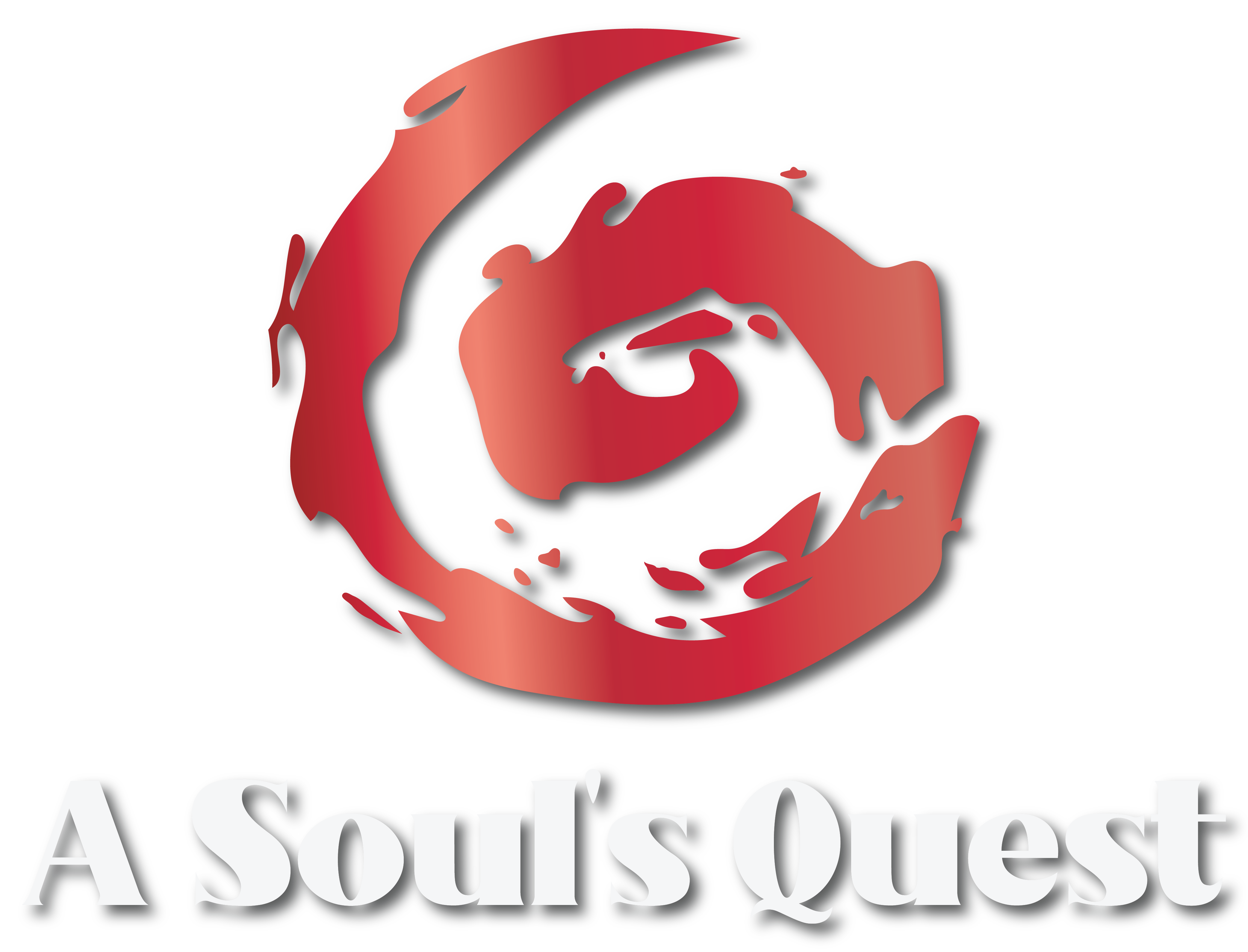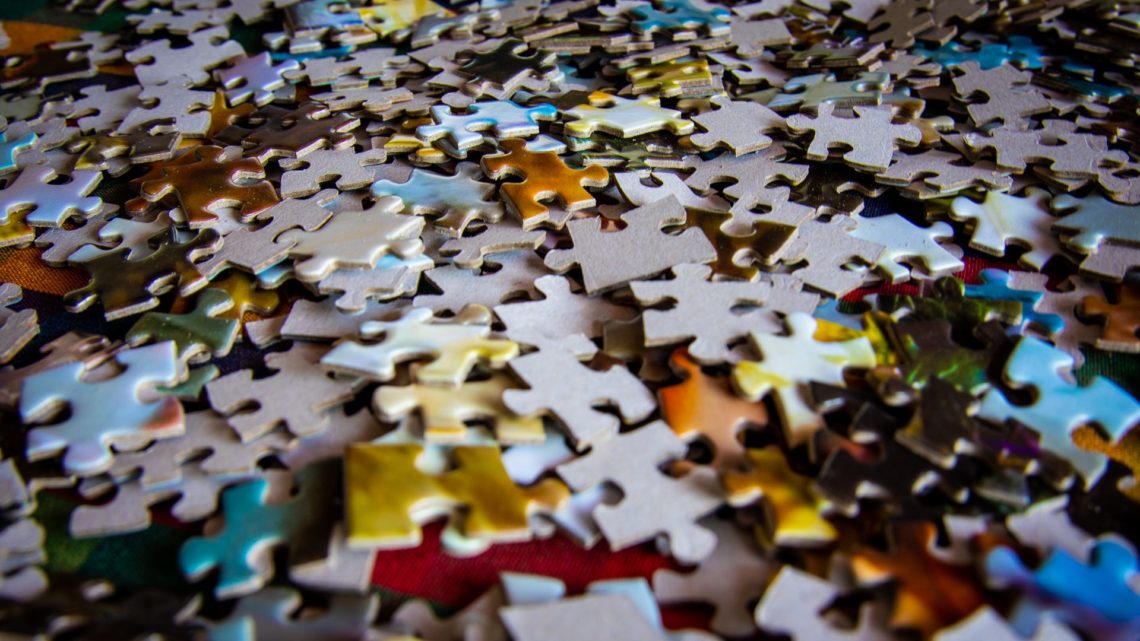Moving from dependency to self-reliance is a journey all of us go on at some point in our lives. For those who delay it a bit too long, it’s often motivated by a realization that no one can write our life stories except ourselves. Change is usually sparked when the pain of staying the same becomes worse than the pain of making a change, and thus the journey to self-reliance begins. Whether this is motivated by financial difficulty, a disappointing relationship, or a life-changing event, the change is necessary for personal growth. Just because the change is necessary doesn’t mean it will be easy – in fact, you will face some pretty serious challenges when making the transformation from living in dependency to self-reliance. Here are just a few:
Facing Reality
One of the first steps in transitioning from dependency to self-reliance is facing an often disheartening reality. Maybe this means seeing the truth about how much debt you’re in, facing facts about your failures as a partner or parent, or simply recognizing that your life is stuck in a deep rut. This moment of facing an unattractive present reality is one of the most painful of the journey from dependence on others to healthy self-reliance, but it’s also one of the most powerful.
Taking Responsibility
The best thing about being dependent on others is that when things go wrong, you probably feel like you have other people to blame for your circumstances. Whether the person you’ve chosen to blame is a parent, a boss, a partner, or a friend, it’s pretty convenient to live under the illusion that your problems are someone else’s fault. However, becoming self-reliant means acknowledging the reality that you are responsible for your own life, and, while others’ choices may have affected you, the quality of your life is yours to decide.
Setting Boundaries
Part of the reality of coming to terms with your sense of responsibility is setting boundaries. These boundaries might be for yourself or toward others. For example, maybe you need to set a boundary for yourself when it comes to your spending habits or how you spend your leisure time. Or perhaps the time has come to take control of a dysfunctional relationship, which means taking responsibility for the access others have to you.
Boundary setting is hard work but it does get easier over time. Telling yourself or others, “No” for the first time will feel awkward or even offensive, but with time, boundary setting will just become another part of your new healthy and self-reliant life.
Trusting Your Instinct
Relying on others means you don’t have to learn to trust yourself. You can let others shape your opinions, your goals, and your values. However, becoming self-reliant means that you’re making your own decisions and shaping your own future. This means you have to become aware and trusting of your own gut instinct.
Finding Your Voice
Being self-reliant means having the ability to voice your opinion or experience, even if it goes against what others are saying. Self-reliance in a healthy way means you can express yourself with confidence and kindness – you don’t need others to validate your viewpoint. However, honing this skill can be an overwhelming experience as you learn to be assertive without being aggressive or submissive.
While these and other challenges are realities of making the change from being dependent on others to being independent and shaping your own destiny, the journey is absolutely worth it.

